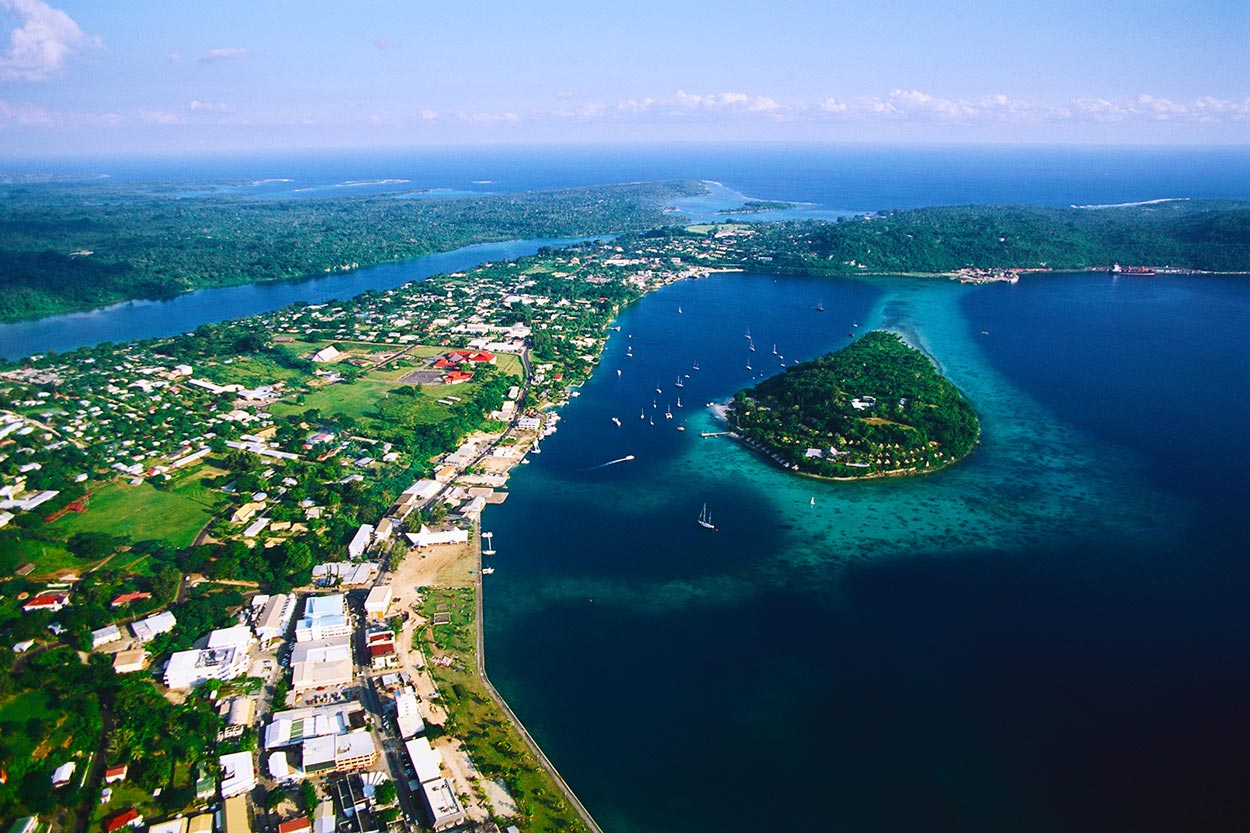Six Pacific Islands are on the EU tax blacklist, remaining listed an “non-cooperative”. They are American Samoa, Fiji, Guam, Palau, Samoa and Vanuatu.
The European Union blacklist was set up in 2017 to tackle rampant tax evasion and is regularly updated, but remains a point of great contention in the Pacific.
The other “jurisdictions” remaining listed as “non-cooperative:” Panama, Trinidad and Tobago, and the U.S. Virgin Islands.
Anguilla, Dominica and Seychelles are now listed as places that do not yet comply with all international tax standards but have committed to the principles of good tax governance. Costa Rica, Hong Kong, Malaysia, North Macedonia, Qatar and Uruguay were also added to this “grey list.”
Australia, Eswantini and Maldives were removed from it after reforming their tax systems.
The International Consortium of Investigative Journalists and its media partners recently published a massive leak of offshore data dubbed the “Pandora Papers.” The cache of almost 12 million files sheds light on the financial activities of many members of the global elite.
French EU lawmaker Aurore Lalucq, who authored a report on harmful tax practices, said she hopes the disclosures “will finally be a loud enough wake-up call for EU leaders” and the European Commission to urgently reform the bloc’s code of conduct for business taxation.
Some of the world’s most notorious tax havens are not even listed by the EU, Lalucq said in a statement. “Sadly, the countries that remain black-listed do not represent the most important financial flows,” she said.
Chiara Putaturo, the tax expert at charity group Oxfam, described the EU blacklist as “a joke” and said it should “should penalize tax havens. Instead, it lets them off the hook.” She alleged that Anguilla and Seychelles “are at the heart of the latest tax scandal.”
“While the Pandora Papers investigation blew the lid on how the super-rich continue to use tax havens to avoid paying their taxes, ordinary people are asked to foot the COVID-19 recovery bill,” Putaturo said.
